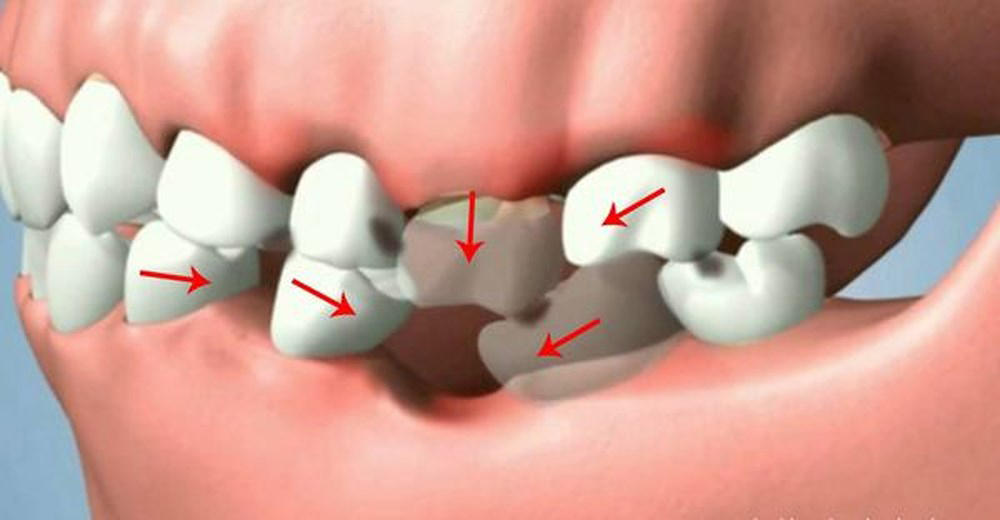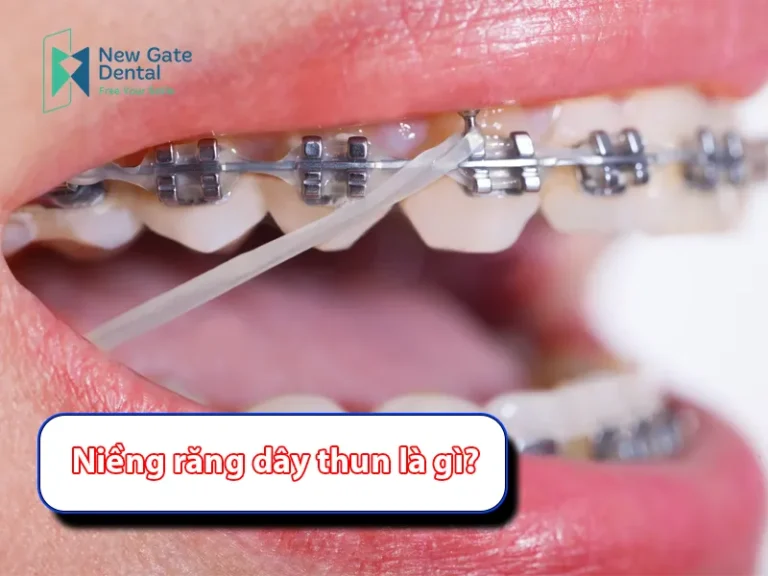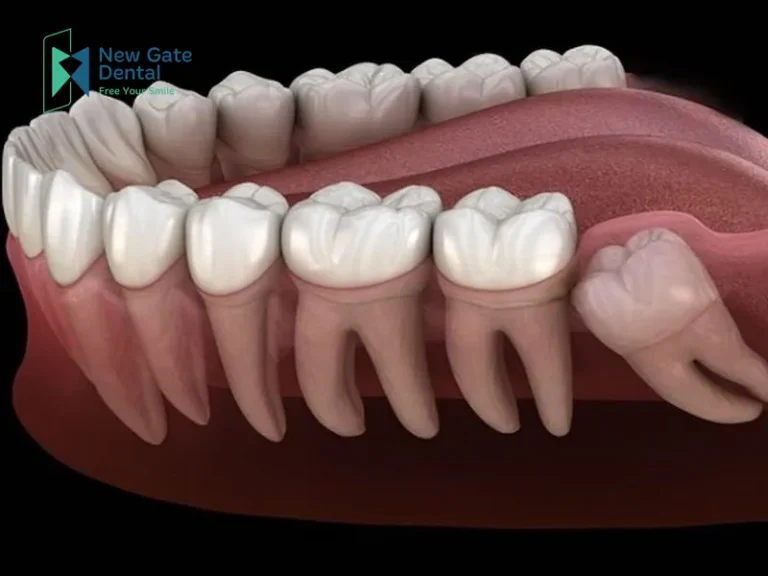Implant for Number 6 Tooth is the molar located towards the back of the mouth, playing a crucial role in grinding food. Losing number 6 tooth can lead to significant inconveniences for the patient, not to mention aesthetic concerns. So, which type of implant is best for number 6 tooth, and in what situations should it be replaced? Let’s explore these questions with experts at Newgate Dental.
Consequences of Losing Number 6 Tooth
Before we address the question of which type of implant is best for number 6 tooth, Newgate Dental would like to briefly discuss the role of tooth number 6 and the repercussions of losing it for patients who may not be aware of this issue.
Number 6 tooth plays a major role in the chewing function, with the highest chewing coefficient in the dental arch. This means that losing number 6 tooth significantly affects chewing function and overall oral health. Therefore, replacing number 6 tooth with an appropriate implant is crucial for maintaining everyone’s oral health.

What are the consequences of losing number 6 tooth?
Patients who lose number 6 tooth face the long-term risk of jawbone resorption, instability of adjacent teeth, and the tendency for opposing teeth to shift toward the gap left by the missing tooth.
Moreover, the absence of number 6 tooth creates a space that easily traps food, complicating oral hygiene.
Newgate Dental has encountered many cases of losing number 6 tooth during the transitional age for teeth, where the common characteristic among these patients is that their molars tend to grow and align improperly, causing bite discrepancies and facial imperfections.
Number 6 tooth also supports the lips and cheeks; thus, its loss can lead to facial distortion and accelerate the signs of aging.
Which Type of Implant is Best for Number 6 Tooth?
Currently, there are two methods used to restore tooth number 6: dental bridges and implants for number 6 tooth.
1. Dental Bridge
A dental bridge is a popular method for restoring lost teeth due to its lower cost compared to dental implants. This method requires the reduction of the adjacent teeth (number 5 and number 7 tooth) to serve as supports, followed by attaching a dental bridge.
The dental bridge is designed to fit seamlessly in the space of number 5, 6, or 7 tooth and is securely bonded using specialized adhesive.

Advantages:
- Quick procedure, typically completed in 2-3 appointments.
- Relatively low treatment cost, making it suitable for those who have lost one or a few adjacent teeth (cost ranges from 7 to 10 million VND).
- High aesthetic appeal due to the color of the bridge being designed to match natural teeth.
Disadvantages:
- The dental bridge sits above the gum line, and the jawbone at the site of the missing tooth does not receive chewing forces, leading to continued bone resorption.
- Involves invasive procedures on number 5 and 7 tooth.
- The lifespan of a dental bridge is limited, typically lasting 3-5 years for metal bridges and 7-15 years for all-ceramic bridges with proper care.
2. Implant for Number 6 Tooth
Many patients visiting Newgate Dental have initially chosen a dental bridge for number 6 tooth, but after some time, they have had to replace the bridge or switch to an implant for number 6 tooth. So, what is an implant for number 6 tooth?
Implant for number 6 tooth is a modern technique that comprehensively restores the dental arch, addressing both appearance and chewing function.
The implant system consists of three parts: the implant post, abutment, and crown.
These three components function like a natural tooth with a full root structure. By directly implanting the post into the jawbone, the crown is securely supported, providing 95% of the chewing function for the patient.

Advantages:
- Allows patients to regain the sensation of chewing like with natural teeth.
- Minimizes the risk of jawbone resorption.
- Non-invasive to natural teeth.
- Longevity of dental implants can extend to lifetime with proper care.
- Aesthetic restoration with a natural appearance.
Disadvantages:
- The implant process can take 3-6 months, making it a longer procedure to complete.
- The cost of dental implants is 2-3 times higher than that of a dental bridge.
Conclusion: Which Type of Implant is Best for Number 6 Tooth?
Based on the analysis provided by Newgate Dental, you now have a better understanding of the most effective and long-lasting method for restoring number 6 tooth.
While an implant for number 6 tooth is the recommended technique, not everyone may be able to afford this option.
In reality, there is no absolute definition of the best or worst type of tooth restoration, as each method has its own advantages and disadvantages.
To restore your molar number 6, it’s best to visit Newgate Dental for a consultation and personalized advice.

Newgate Dental in District 1 HCMC will help you find the most suitable restoration method that aligns with your financial conditions while ensuring optimal results.
Contact Information:
- Branch: 04 Dang Tat Str., Tan Dinh Wd., District 1, HCMC
- Branch: 218 Tan Huong Str., Tan Quy Wd., Tan Phu Dist., HCMC
- Hotline: 085 522 9911
- Website: NewGateDental.com
- Fanpage: New Gate Dental
- NewGate Dental Treatment pricing chart - 06/10/2024
- What Are Orthodontic Rubber Bands? Types of Rubber Bands Used in Braces - 04/10/2024
- When Should You Extract Wisdom Teeth? - 04/10/2024










